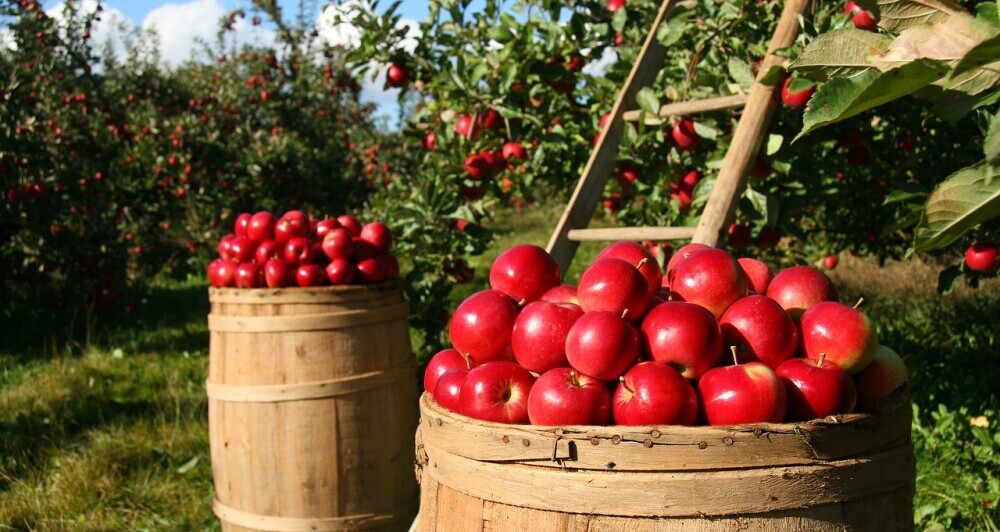
We’re here to reduce belly fat and improve our overall health. One way to achieve this is by incorporating more organic foods into our diets. They’re packing more nutrients than you’d find in your regular supermarket stuff. Scientists have shown that organic produce often contains higher levels of certain nutrients, like vitamin C, iron, magnesium, and phosphorus. It’s like nature’s multivitamin.
Antioxidants are another big player here. Organic fruits and veggies tend to have more of them because they aren’t treated with the usual chemical pesticides. Antioxidants are great buddies in the fight against free radicals, which are those pesky molecules that can lead to chronic diseases.
And one of the best things is that organic foods usually have fewer pesticide residues. Anyone who’s worried about consuming chemicals can breathe a little easier when reaching for that organic apple. The less your body has to deal with those, the better it is for your long-term health.
Eating organic can possibly mean you’ll face fewer health challenges down the road. It’s not a guarantee of perfect health, but it sure stacks the odds in your favor. And being healthy is the key to losing belly fat.
Switching to organic is no small step, but it’s a great move for those wanting to put their wellness first. There’s peace of mind in knowing what goes into your body is as natural as it gets.
The Environmental Impact of Organic Farming
When it comes to giving back to the planet, organic farming’s got some moves that traditional farming just can’t compete with. It’s all about promoting biodiversity. By avoiding synthetic pesticides and fertilizers, organic farms become a safe haven for wildlife. From bees to butterflies, these eco-friendly zones become the hangout spot for all sorts of critters.
Another standout feature is the way organic farming takes care of the soil. Farmers use compost, green manures, and crop rotations to keep the dirt healthy and nutrient-rich. This can reduce the risk of soil erosion and makes the land more resilient to climate change. With healthier soil, you’re looking at more productive harvests without needing a bunch of chemicals.
Organic farming also shines when it comes to reducing the runoff of harmful chemicals into our waterways. Without heavy pesticide and nitrogen fertilizer usage, there’s less chance of polluting nearby lakes and rivers. Cleaner water means better ecosystems and healthier communities.
In addition to all of this, organic practices tend to have a smaller carbon footprint. Organic farms often use less energy because there isn’t a need for massive amounts of fertilizer or pesticide production. This is a big win in the battle against climate change. Supporting organic farming isn’t just a personal health choice; it’s an act that also helps to improve the health of our planet. So, it’s a win for our bodies and our environment!
Economic and Social Benefits of Choosing Organic
Sinking your bucks into organic products does more than just fill your body with healthy food. It’s a direct boost to the local economy. Organic farms are often local businesses that pump money back into the community. They’re run by folks who are passionate and care about sustainable practices, which keep the profits from wandering too far down the corporate line.
Healthcare savings are another nifty benefit. Yeah, paying a bit more at the checkout counter might sting, but think of it as an investment in your health piggy bank. With potentially fewer toxins in your system, you could end up saving money on health expenses in the long run.
Choosing organic also rings those ethical trade bells. You’re supporting a system that typically avoids exploitative labor practices. Most organic certifications require fair treatment of workers, so your greenbacks are part of a movement that respects your body, the planet, and people.
Jobs and community support grow alongside organic farming too. These farms need workers who are knowledgeable about sustainable practices, creating jobs that are both challenging and rewarding. It’s a feel-good purchase knowing that your salad might be supporting a family-run farm a few miles down the road.
Organic Foods for a Sustainable Future
Thinking about the future of our food, organic practices are making waves. Ordinary people like you and me are leaning towards sustainability, shifting away from mass-produced food toward more organically grown goods. It’s all about saying yes to mindful eating and treating our bodies and the earth respectfully.
Food security is a growing concern, and here’s where organic methods can really shine. By focusing on building healthy soil and biodiversity, organic farms are more resilient to climate shifts and pests, offering a steady food supply in unpredictable conditions. It’s about creating a system that stays strong even when the going gets tough.
There’s also a move towards reducing plastic waste. Many organic brands are committed to using sustainable packaging, cutting down on the environmental mess. When you buy organic, you’re often supporting companies that are looking to reduce their environmental impact through innovative solutions.
Scaling organic farming has its challenges, but the innovations flowing into this field are truly inspiring. Farmers are constantly finding new ways to improve yields while staying true to organic principles. As more consumers demand organic options, the food industry will rise to the occasion, finding smarter and more efficient methods to meet the growing desire for sustainable agriculture.
By choosing organic, we’re casting a vote for a future where sustainability isn’t just a choice, but the norm. This shift holds the key to a healthier planet and a healthier us.
